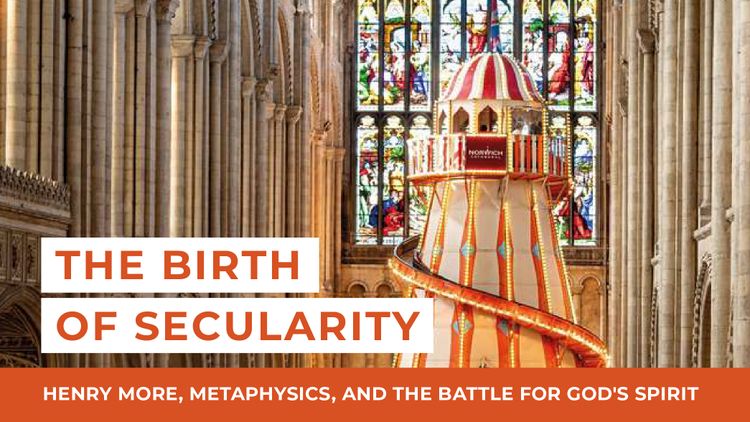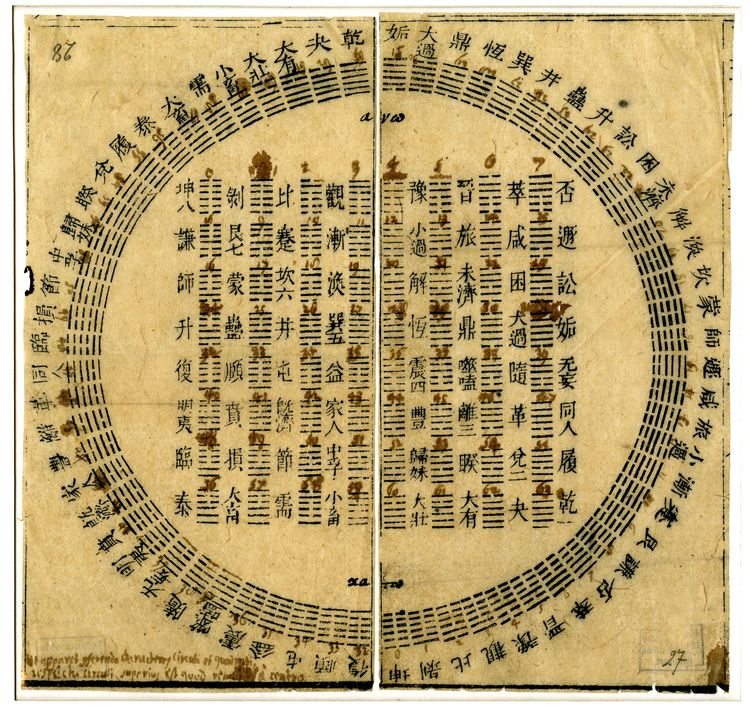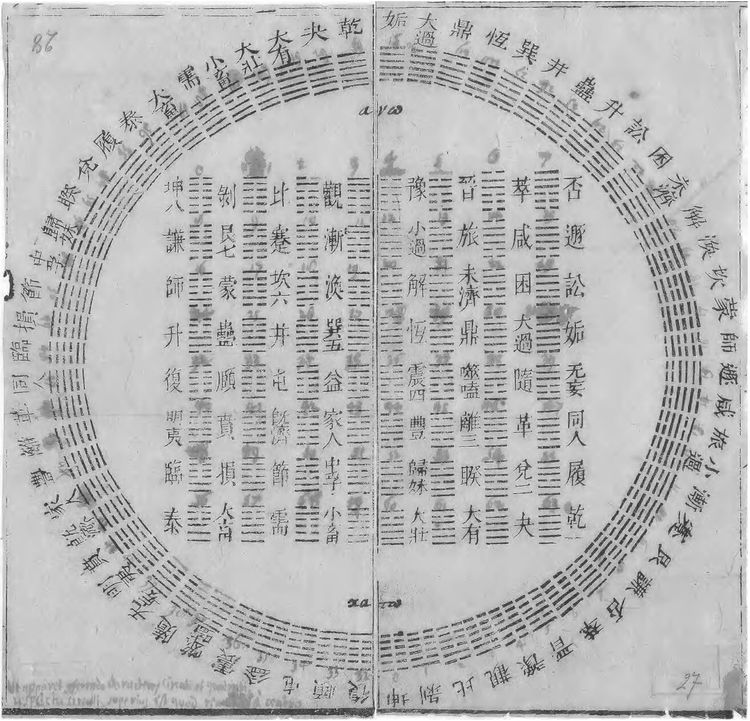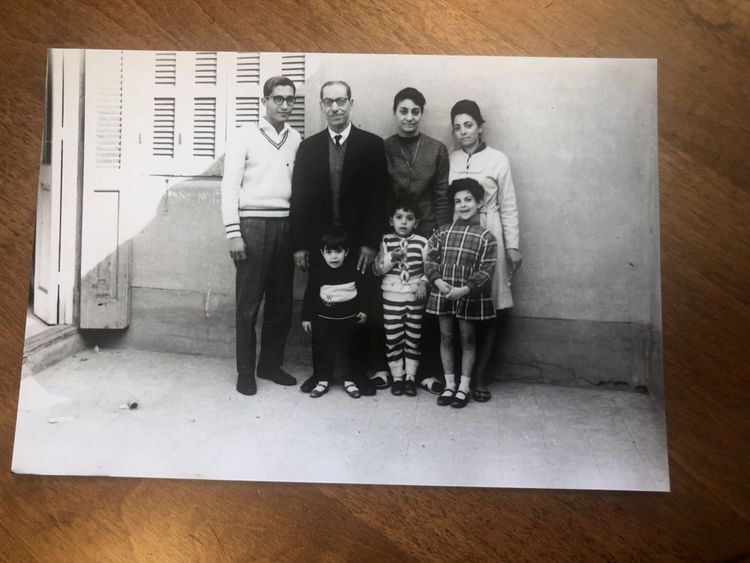Descartes Among the Ancients
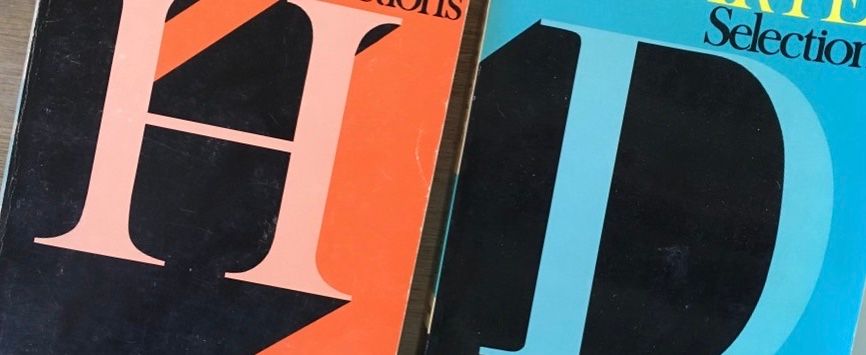
Over at Ad Fontes, I have a new, brief essay in which I argue that Descartes' metaphysics are at home in the philosophical climate of the late antique and medieval periods. Although certainly no Aristotelian, Descartes drew heavily upon Sts. Augustine and Anselm, among others, and there are clear through-lines from certain precepts of Neoplatonism to Descartes' thought. In this essay, I feature an interaction between Descartes and Hobbes that sheds light on the purposes and sources of Descartes' Meditations, placing them in this broader intellectual context. Below is an excerpt of the full essay.
If facts in the history of philosophy were established democratically, such that what everyone says is true determines truth, few “facts” would be established so fully, so absolutely, so incontrovertibly as these: Descartes’ novel skepticism and “dualism” midwifed modernity, and Thomas Hobbes was one of those supremely rare characters whose mental acuity matched his capacity to disgust. As I hope to show, however, this second claim—which is indeed true—can help us see the falsity of the first.
Although Hobbes’ unique gifting for offending his contemporaries is demonstrated ubiquitously in his own works and those of his peers, nevertheless it is evident to a high degree in his first objection to Descartes’ Meditations. (As an aside, a friend of mine, also a graduate student, remarked that it had never occurred to him that Descartes and Hobbes would have written to one another or published criticisms of one another for circulation—why don’t we read such interchanges as undergraduates?).
So why is Hobbes engaging with Descartes? After the publication of Descartes’ Meditations, various contemporaries, representing a variety of intellectual traditions, were invited to reply with objections, questions, and reservations, to which Descartes in turn responded. Hobbes’ first objection, dripping with acid, and Descartes’ response, however, give us—later readers—a window into how Descartes intended his Meditations to be read and, perhaps even more importantly, the key to understanding its relationship to the past.
Read the whole thing here.
